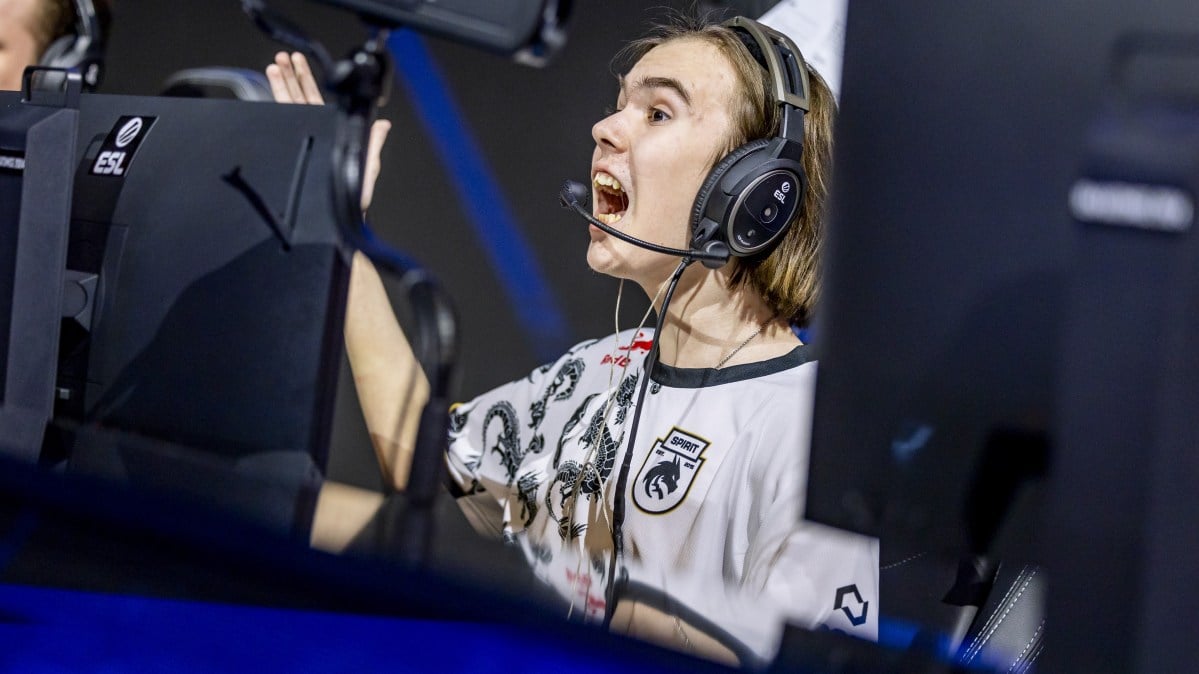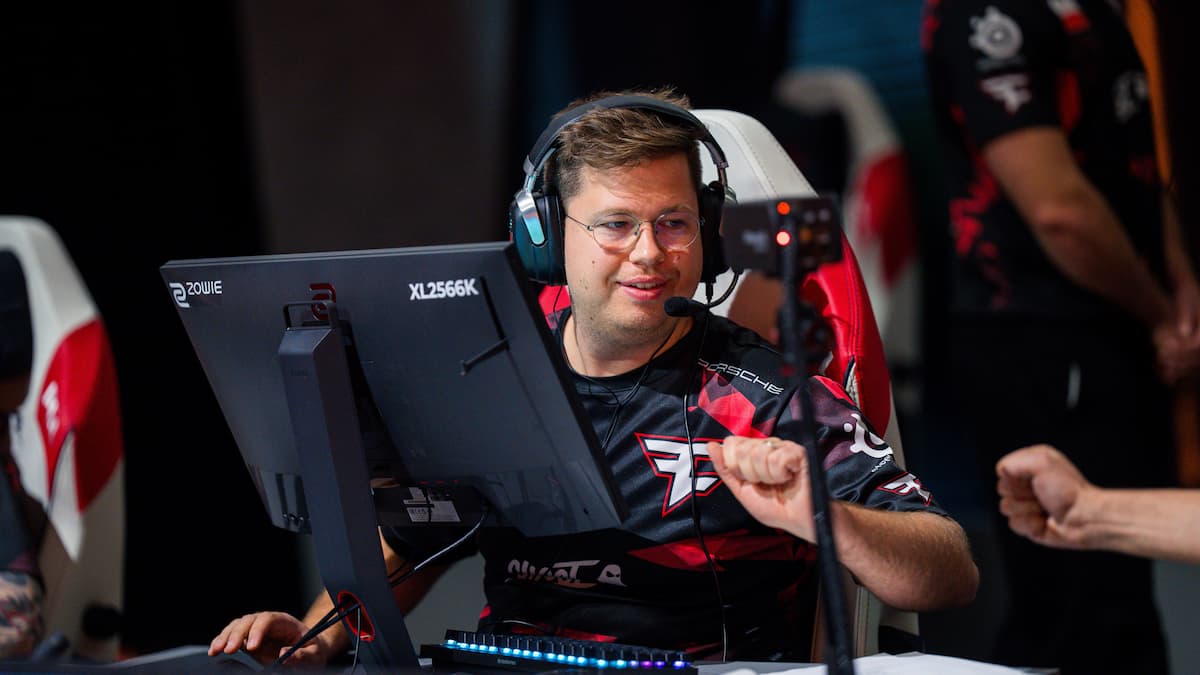Fantasy esports might be the fastest growing sector of the competitive gaming industry. At least, investors seem to think so. Vulcun, the largest purveyor of fantasy esports, just received $12 million in Series A funding.
That’s an impressive valuation for a company that opened its doors about three months ago, hosting daily fantasy esports leagues for League of Legends in the vein of popular fantasy sports websites like FanDuel. Players sign up for a contest in a game of their choice, paying an entry fee that contributes towards the prize pool, and choose a team of players fit under a salary cap to compete against other similar teams.
The company started with $250,000 of guaranteed prize money but quickly ballooned that total to $1 million and eventually $4 million thanks to meteoric growth. They now host contests in Dota 2 and Counter-Strike: Global Offensive in addition to League, with the promise of more titles on the way. The winningest player on Vulcun, Baldr7, has pulled in $32,296 so far this year.
Vulcun, co-founder Ali Moiz, and their new partner Sequoia Capital have attracted quite the list of investors, including major venture capital firms and heavy hitters from companies like Yahoo, Google Ventures, and Zynga, including recently returned Zynga CEO Mark Pincus.
The Vulcun press release calls the announcement a “milestone event in the history of esports” as one of the largest investments ever into an esports company. That may be a bit of hyperbole, but it isn’t far from the truth: The $12 million in Series A money tops the $10 million raised by Major League Gaming (MLG) in their Series A round in 2006. While it comes at a time when venture capital is more generously available and MLG has raised nearly $100 million after that, it’s still an impressive milestone for any esports company.
“Esports leagues will be the NFLs of the 21st century, with truly global fanbases and games that today’s youth relate to,” Matrix Partners’ Josh Hannah said. “Tournaments for esports already draw larger live audiences that most traditional sports, and are just in their infancy. Vulcun.com provides the connection between fans and the emerging stars and teams in esports.”
Moiz and Vulcun certainly benefit from his past history funding and running successful startups like Peanut Labs. The company also benefit from timing, that all-important but hard to predict aspect of running a successful business. The esports industry is maturing, and it’s quickly becoming appealing to investors who require stability that wasn’t there even five years ago.
“Depending on what estimates you look at [esports is] the second most watched sport in North America,” Moiz said. “You look at all these numbers and its definitely an industry that has matured a lot over the past few years. We’re at an inflection point where there’s a lot of interesting things that will happen in esports over the next year.”
Vulcun’s product isn’t something groundbreaking or new: Moiz admits they’ve essentially copied the model of fantasy sports companies for baseball and football. They’re simply providing a service people want and a platform people like to use in an emerging market.
It’s the “small things” that’s made Vulcun stand out from the crowd—user experience, more lucrative prizing, and more transparency, Moiz says. People play fantasy to win, after all, so higher prizes and more fair competitions are a big incentive. Unlike some of their competitors, Vulcun lets users see what teams their competition picked after contests go live, allowing the community to essentially police itself.
Now, with $12 million behind them, Vulcun has the resources to get a little more creative.
“We just haven’t had the resources to hire people and really ask, ‘Is this the right way? Is this the best way to do fantasy for esports?”” Moiz said. “This is a different audience. They play games. They’re used to a lot more interaction. A lot more features and product innovations that we can do here that you can’t necessarily do for football players or basketball player.
“We’re planning to go back and ask, how can we make fantasy better for esports? Are there specific things we can do for the viewing experience? Are there specific things we can do to have better tournaments out there? Are there specific things we can do to get people more excited about the games we love? That’s where most of the money is going to go, product development and community.”
One tangible thing that’s easy to see changing is another expansion to the titles supported on the Vulcun platform. The company recently expanded to Counter-Strike: Global Offensive and Dota 2 while increasing the number of competitions supported in League of Legends, and they’re already looking at their next community.
“We’re focused on being the market leader,” Moiz said. “We were the first to launch for League of Legends. We were the first to launch for Dota 2 and for Counter-Strike. We want to be a market leader, and part of that means you have to be the first person there.”
The problem is most games aren’t as easy to tackle as League of Legends, which has a ready-made, regularly scheduled professional league on which to build: the League Championship Series. Other games present bigger scheduling issues with more compact tournaments. Plus, it’s manpower-intensive to add a new title: Vulcun manually updates all statistics for their games right now, because at the moment game developers and tournaments don’t provide APIs to access statistics in real time.
“All the games have their own challenges,” Moiz said. “If you look at Hearthstone for example, even designing a fantasy system for it is difficult.”
Just going off size and audience, Blizzard’s digital card game Hearthstone would seem like a likely new title. But as Moiz says, even scoring Hearthstone for fantasy seems difficult.
“A game has to be relevant in terms of users. If there’s 50 people watching it and playing it it doesn’t make sense to do fantasy around it,” he said. “It also has to be a game suited for competitive play.”
Moiz uses first-person arena battler Smite as an example. It’s smaller than a game like Hearthstone, but features an intense esports scene with a professional league and million dollar tournaments.
“So that’s interesting,” he says. “What that says is even though the game is proportionally smaller than other games, from an esports perspective there’s a lot more excitement in terms of money and teams there.”
Other games on Vulcun’s radar include FIFA, popular Asian shooter Crossfire, and fighting titles like Super Smash Bros. and Street Fighter. It’s unclear when or if those titles actually appear on Vulcun. But after today you can certainly say one thing: It won’t be because of lack of resources.
“We’re just at the beginning,” Moiz says. “We’re in the first inning for what is going to be something really fun for esports. The investors obviously share that vision. We think it could be a lot bigger a few years from now. That’s the goal.”
Image via Riot Games






Published: Apr 9, 2015 05:17 am